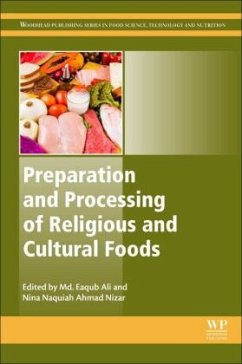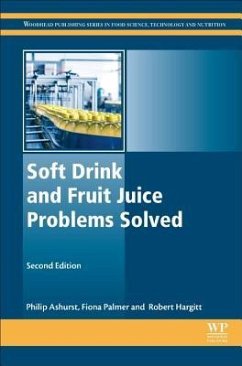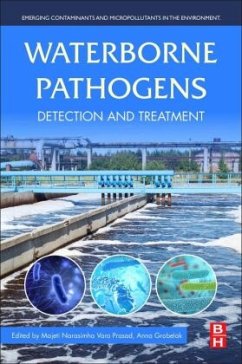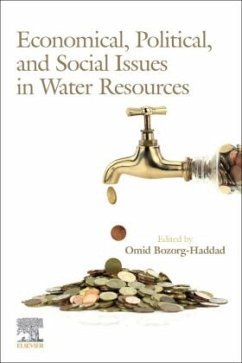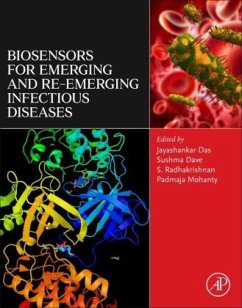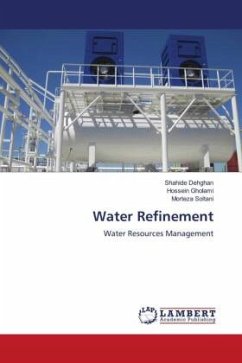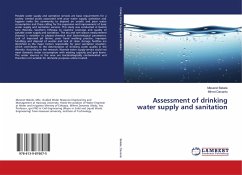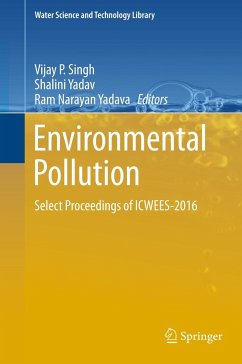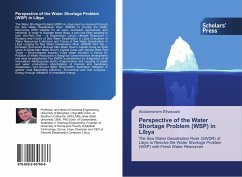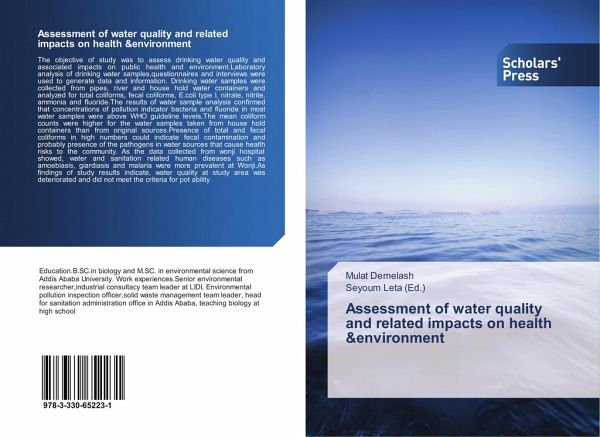
Assessment of water quality and related impacts on health &environment
Versandkostenfrei!
Versandfertig in 6-10 Tagen
40,99 €
inkl. MwSt.

PAYBACK Punkte
20 °P sammeln!
The objective of study was to assess drinking water quality and associated impacts on public health and environment.Laboratory analysis of drinking water samples,questionnaires and interviews were used to generate data and information. Drinking water samples were collected from pipes, river and house hold water containers and analyzed for total coliforms, fecal coliforms, E.coli type I, nitrate, nitrite, ammonia and fluoride.The results of water sample analysis confirmed that concentrations of pollution indicator bacteria and fluoride in most water samples were above WHO guideline levels.The m...
The objective of study was to assess drinking water quality and associated impacts on public health and environment.Laboratory analysis of drinking water samples,questionnaires and interviews were used to generate data and information. Drinking water samples were collected from pipes, river and house hold water containers and analyzed for total coliforms, fecal coliforms, E.coli type I, nitrate, nitrite, ammonia and fluoride.The results of water sample analysis confirmed that concentrations of pollution indicator bacteria and fluoride in most water samples were above WHO guideline levels.The mean coliform counts were higher for the water samples taken from house hold containers than from original sources.Presence of total and fecal coliforms in high numbers could indicate fecal contamination and probably presence of the pathogens in water sources that cause health risks to the community. As the data collected from wonji hospital showed, water and sanitation related human diseasessuch as amoebiasis, giardiasis and malaria were more prevalent at Wonji.As findings of study results indicate, water quality at study area was deteriorated and did not meet the criteria for pot ability




